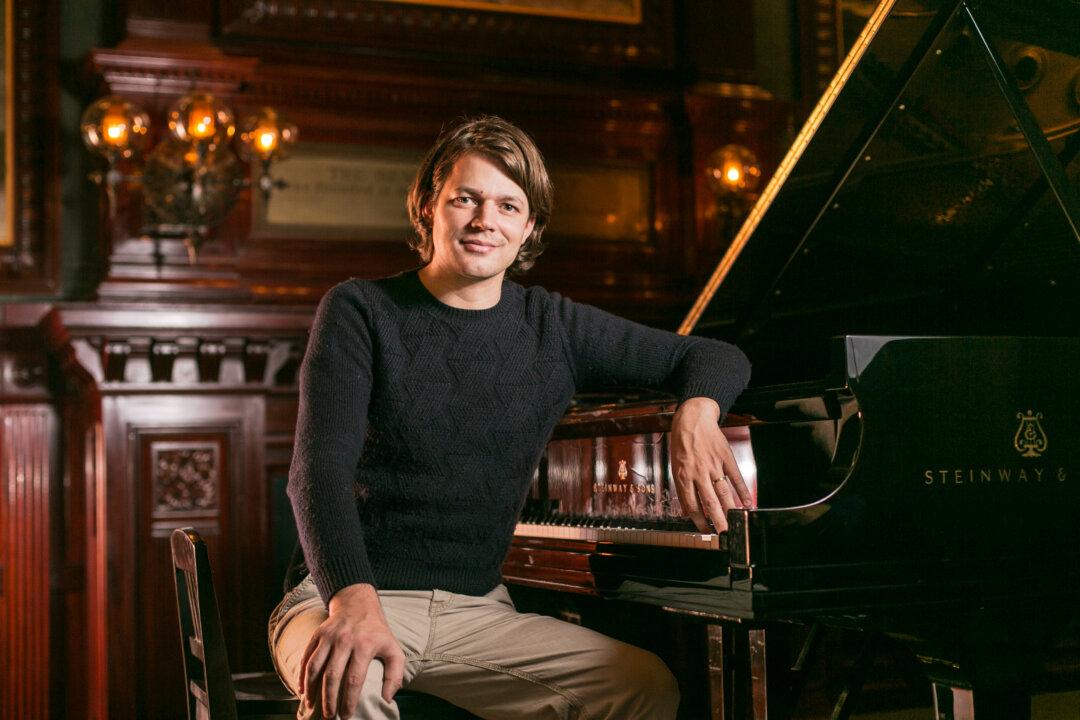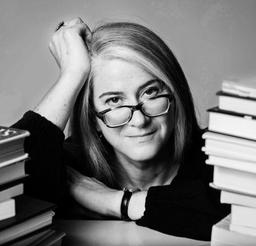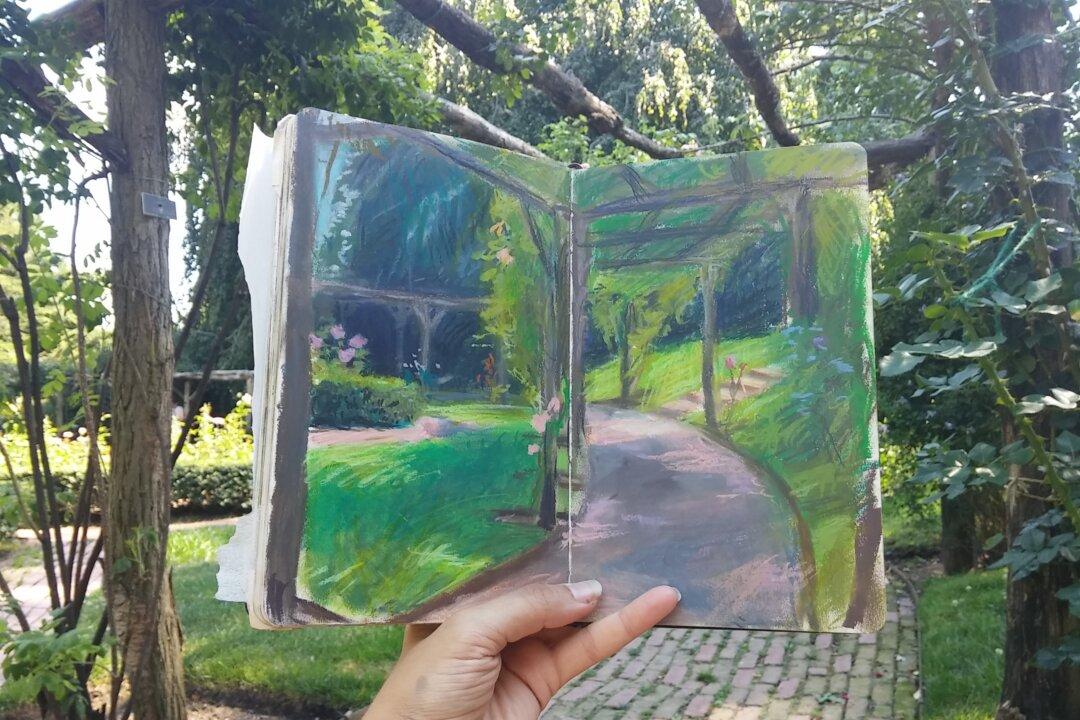NEW YORK—Exquisite, imaginative, and virtuosic are the first words that come to mind to describe the pianist David Fray.
Highly sensitive, sometimes wishing he would be a bit less so, Fray knows how to protect and tend to his creativity, perhaps similar to how he takes care of his huge garden in southwestern France, in the Pyrénées.
His musical interpretations of the composers he loves—Bach, Mozart, Beethoven, Schumann, Ravel, Shostakovich, Brahms, and most intimately, Schubert—reveal such artistry and originality, it’s hard to imagine how he does it.
Ironically, despite all the time it takes to be a concert pianist or a gardener, Fray said that patience and fearlessness are what he needs to work on the most in his character.
“An artist has to fight against his own fears and weaknesses, and being an artist is not only working on music, it’s working on yourself through music,” Fray said.
Living in a society generally geared toward instant gratification, he finds it challenging to accept the fact that when you plant a seed, you don’t know exactly when it will yield results.







